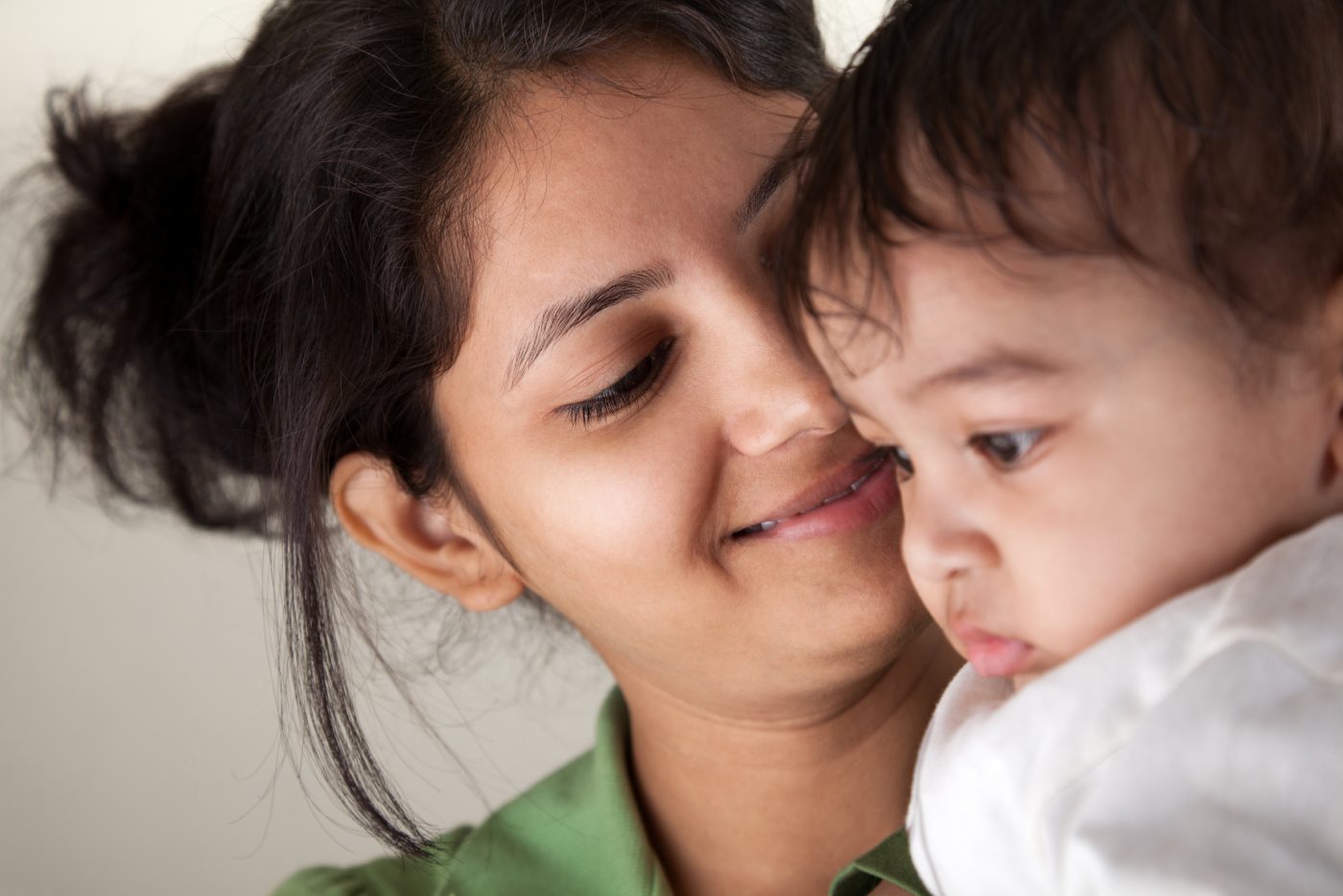
There is a lot you can do to stimulate the bond you feel with your baby.
Oxytocin - the "bonding" hormone - stimulates naturally with birth and breastfeeding. You can enhance it by holding your baby in skin to skin, making eye contact and talking gently to your baby.Even as your bump grows it can be hard to imagine your baby arriving, or being a mum, or what caring for a baby entails. Try not to worry if you’ve never been a broody person or even spent your childhood and early adulthood thinking and hoping you would have a family.
As your bump grows and you begin to feel your baby move make time to connect with your baby as this will help you develop a bond even before they are born and can help your baby’s brain development even while they are inside your womb
Things you can do to help you connect with your baby in pregnancy
A lot of the changes from women to mother are neurological and the changes begin in pregnancy. During this period, our brains are flooded with pregnancy hormones and then after birth hormones have an important role in the process of bonding.
These hormones start the process of brain development which begins the journey from adult to parent.
A lot of things do change, of course, but for new mothers, some of the starkest differences are also the most intimate ones, such as the emotional changes. These are largely neurological and caused by increases in the growth and activity in regions of the brain that control bonding, empathy, anxiety, and social interaction.
Mothers and even pregnant women report feelings of unconditional love, lioness-like protectiveness, as well as rational and irrational anxiety about the health and happiness of their baby.
Psychologists and neuroscientists are very interested in understanding what happens in our brains to help us love our new baby.
Neuroscientists trying to explain this have found growth in the parts of the brain that regulate emotions, drive empathy as well as obsessive-compulsive behaviours. This heady cocktail of neurological activity helps new mums and dads to love, understand and care for their babies.
The amygdala is an ancient part of the brain that regulates basic emotions like fear, anxiety and aggression. In new mums, the amygdala becomes more sensitive and fires more often driving caring and checking behaviour. It fires much more when we look at or hold our own baby.
Prolactin, which makes milk, also causes feelings of protectiveness and oxytocin helps us fall in love. Once these oxytocin receptors in our brains are switched they also help new mums cope with the ‘monotony’ of caring for small babies. Oxytocin also makes it harder to process complex information. Luckily our mummy brains reward us more too – so that looking into the eyes of our new baby activates the reward centres of the brain giving us pleasurable dopamine release. In addition, feeding, cuddling and talking to our new baby releases the hormone oxytocin which promotes bonding and makes us feel more relaxed, calm and happy. We can help this bonding process along by spending lots of time with cuddling our babies and staring into their faces. It’s like a positive feedback loop, more cuddling and caring leads to more oxytocin which leads to a strengthening bond which leads to more desire to care and cuddle our babies.
The good news for pregnant women is that oxytocin production dramatically increases during pregnancy so that by the time our baby is born we are neurologically primed to become a mother. Some mothers will also experience a huge oxytocin boost at the birth and report a thunderclap moment of bonding and blissful love. After birth, the deep and unique bond we have with our children develops and deepens over the weeks and months of pregnancy and early parenthood.
Breastfeeding also boosts oxytocin production and breastfeeding mums display a stronger brain activity when they hear their baby cry. Feeding is a special time for all mums and their babies and by copying some elements breastfeeding behaviours you can still have wonderful bonding time if you are bottle feeding. For example – see bottle feeding as a special time between mum and baby, enjoy eye contact, skin to skin contact, and feed sensitively responding to your baby’s signals of hunger and fullness.
Lots of new Mums feel frustrated, anxious and experience low mood after the birth. It’s surprisingly common and important to chat with your midwife, health visitor or doctor if you feel you’re not coping. If you have a supportive partner talk to them too rather than bottle feelings up.